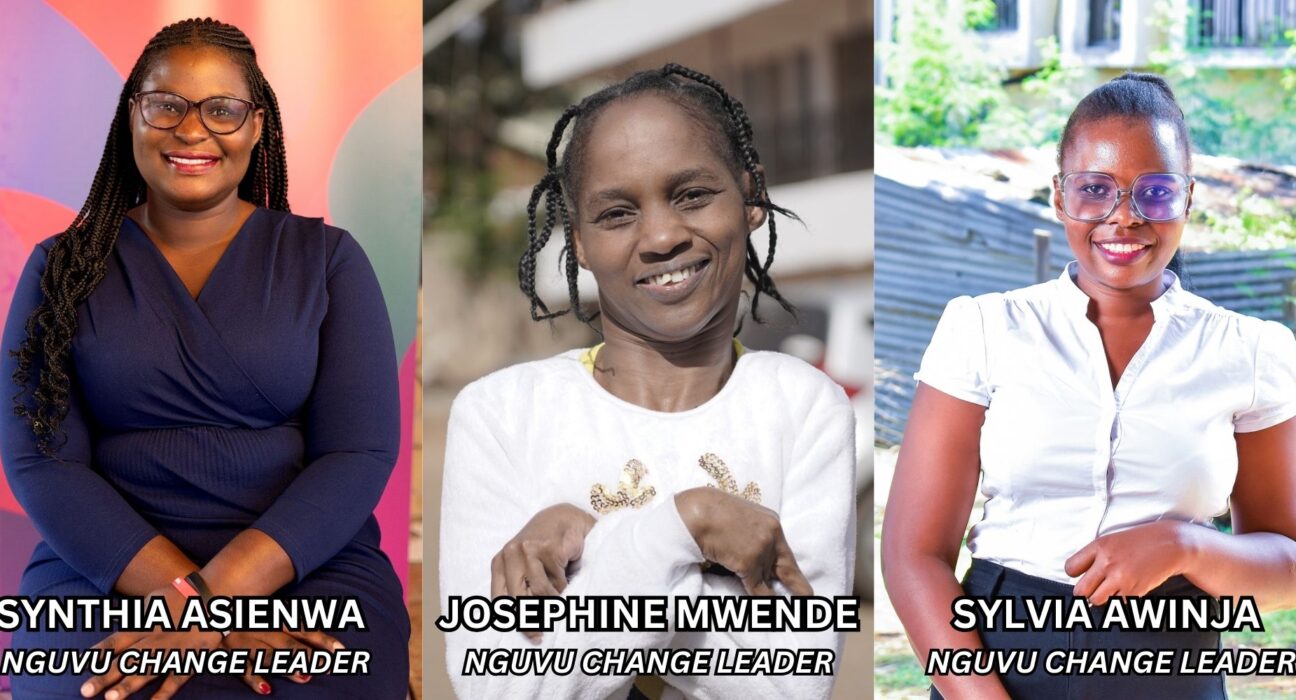World Breastfeeding Week (1st – 7th August), supported by UNICEF and WHO, is organized annually to sustain and improve breastfeeding rates globally. While countries like the USA, UK, Australia, and Ireland have laws supporting women’s right to breastfeed wherever they feel comfortable, many others, including Kenya, lag behind in implementing such supportive measures.
The situation in Kenya is particularly challenging for new mothers who often have to seclude themselves to express milk, significantly impacting their mobility and their right to earn a living. Many mothers are compelled to stop breastfeeding or delay feeding their babies to secure their jobs, undermining their basic right to nourish their infants.
Addressing this pressing issue, Sabina Chege, a nominated Member of Parliament, has introduced the Breastfeeding Mothers Bill, 2024. The bill aims to establish a supportive legal framework for breastfeeding mothers in the workplace. Having passed its first reading, it is now open for public input through memoranda submissions. Once enacted, the bill will protect a mother’s right to breastfeed freely or express milk for her infant without fear of reprisal.
During World Breastfeeding Week, various Change Leaders of the Nguvu Collective are advocating for the swift implementation of this law. They are also campaigning to break the stigma and myths surrounding breastfeeding. “The key provisions of the Breastfeeding Mothers Bill, such as requiring employers to provide lactation rooms and imposing penalties including fines or imprisonment for non-compliance, can bring significant changes to the current working environment. It will ensure public breastfeeding rights for every lactating mother and provide reasonable break times to express milk during work. I hope the Parliament will consider passing it into law at the earliest,” says Synthia Asienwa, a champion for various causes including quality education.
Mothers with disabilities face additional hurdles such as the lack of support services, limited access to lactation consultants familiar with their needs, and inadequate awareness within relevant sectors about their difficulties. “Many of them also experience problems with latching and milk supply, which are further exacerbated by their disabilities. Societal misconceptions and insufficient adaptive equipment further hinder their breastfeeding experience. Improved healthcare training focused on people with disabilities, accessible resources, and tailored support systems for them should be given due focus in the new law,” says Josephine Mwende, a mother with cerebral palsy and an advocate for inclusivity in healthcare.
“There are various misconceptions prevalent about breastfeeding. Some women even believe that it is only meant for HIV-positive mothers or that giving alternative foods will make babies healthier. It is important to address and challenge these negative cultural beliefs about breastfeeding while promoting positive views to encourage community support. Involving family and partners in breastfeeding education helps clear up misconceptions and build support,” says Sylvia Awinja from Kisumu County, an expert in promoting girl child education.
The Nguvu Change Leaders add that although the public response to the bill has been overwhelmingly positive so far, its implementation is slow. They urge Parliament to ensure that its provisions are quickly enacted across Kenya. The group’s efforts highlight the critical need for systemic change to support breastfeeding mothers, ensuring they have the necessary resources and legal protections to care for their children.
As World Breastfeeding Week continues, the spotlight is firmly on the need for Kenya to adopt and enforce comprehensive breastfeeding laws. These laws will not only safeguard the health and well-being of infants but also empower mothers to balance their work and caregiving responsibilities effectively. The collaborative efforts of lawmakers, advocacy groups, and the public are essential to creating a supportive environment for breastfeeding mothers in Kenya.





